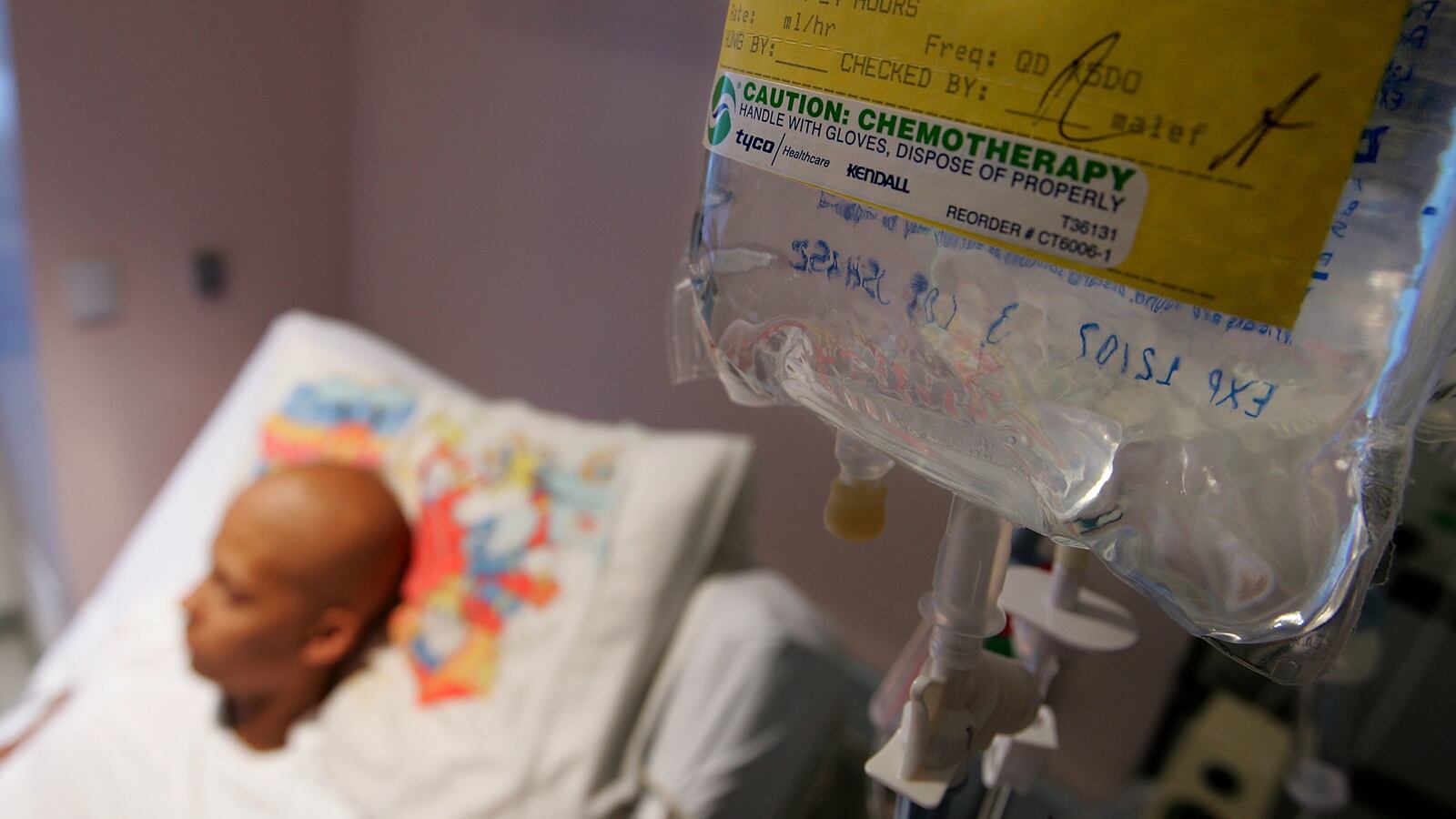For the first time ever, a drug has been shown to extend the survival rate for younger women diagnosed with breast cancer. The drug, called ribociclib (rye-bo-SIGH-clib), was first used to treat breast cancer in postmenopausal women. A new study showed that 70 percent of younger women were surviving three and a half years after their treatment after taking Ribociclibn in combination with standard treatment—compared to only 46 percent of those given the standard treatment alone. The “younger” women had not yet reached menopause, or were still going through it. About 25 percent of breast cancers in the United States are diagnosed in premenopausal women. Younger breast cancer patients are critical because they typically have more aggressive forms of the cancer, and therefore have lower survival rates.
Ribociclib is a “targeted therapy” that works by blocking an enzyme which helps the cancer grow. “I think there’s a lot of optimism now that we have pushed the survival boundary, that we can go farther,” Dr. Debu Tripathy, an author of the study and chairman of breast medical oncology at the M.D. Anderson Cancer Center in Houston, told The New York Times. “Once you break a boundary, you learn how to break more boundaries.” The study will be published online on Tuesday in The New England Journal of Medicine, when the results are to be presented at the annual meeting of the American Society of Clinical Oncology, in Chicago.






